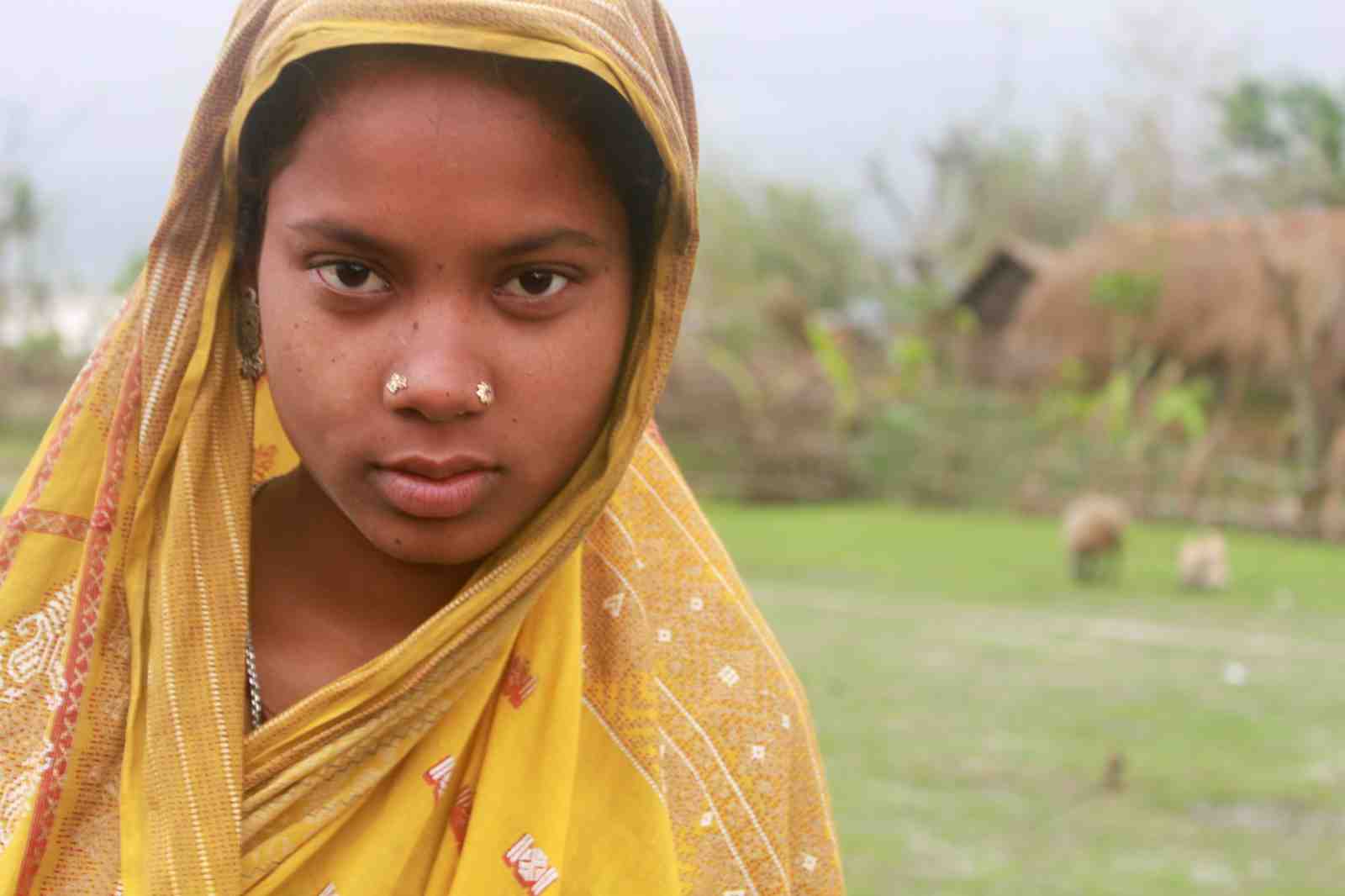Hanna Ingber Win, for the Pulitzer Center
Dibrugarh, India
Dr. Sumi Baruah sees patients at the Panitola Primary Health Center in Dibrugarh district in upper Assam.
After receiving her bachelor's degree in medicine and surgery and completing a one-year internship, Dr. Sumi Baruah spent two years studying for an entrance exam to secure one of the few prized seats in a medical college in Assam in northeastern India. About 1,200 students compete for 170 seats each year.
Sumi, now 27, says she did virtually nothing but study – 12 hours a day – for almost two years. Her plan was to attend medical college and then work as a doctor in Dibrugarh, a town in upper Assam, serving a mostly middle class population.
The Assamese government foiled her plan.
In an effort to get more medical professionals to serve the state's largely rural population, the government implemented a rule in October that all graduates with a Bachelor's of Medicine, Bachelor's of Surgery (MBBS) degree, like Sumi, must spend one year practicing in a rural area before enrolling in a post-graduate degree course. MBBS graduates, who are given the title doctor, are considered general physicians. Lack of trained medical staff in rural areas has been a major obstacle to improving health care in India.
Sumi was not happy. She says she had heard disturbing stories about rural postings. For example, she heard that if a patient dies, even if it was not the doctor's fault, all the villagers would come and harass the medical staff.
But Sumi, who is the first woman in her family to work, had no option. She took a position in Dibrugarh district in upper Assam at the Panitola Primary Health Center. The center, which during a recent visit shared its compound with a handful of roosters and a grazing cow, serves about 100,000 people, mostly villagers from the mainland or remote islands on the Brahmaputra River. (See previous postings about the islands.)
The Assamese government has placed 768 MBBS graduates like Sumi in rural postings throughout the state, according to Dr. Bishnu Ram Das, an associate professor in the department of community medicine at Assam Medical College. Some must live far from family and friends in remote locations with few public services and almost no amenities.
During a recent morning shift, Sumi shared a desk with another young female doctor as they treated patient after patient as a crowd gathered inside their modest office. A line of women in brightly colored saris, many holding infants with black circles smudged on their foreheads to ward off evil spirits, waited on benches outside.
At the Panitola Primary Health Center.
The doctors are paid 25,000 rupees ($543) a month during their one-year rural posting and perform basic health care like immunizations and checkups. The center does not have the facilities for blood transfusions or handling complications, which they refer to a nearby hospital.
Sumi says she has had to deal with various problems related to serving a mostly uneducated, rural population, but over the past seven months she has learned how to manage the situation. When a drunkard hangs around the clinic, for example, she now just ignores him.
Despite her initial misgivings, Sumi says she has grown to appreciate the experience.
Sumi also passed her entrance exam and will be attending medical college after she completes the rural posting.




